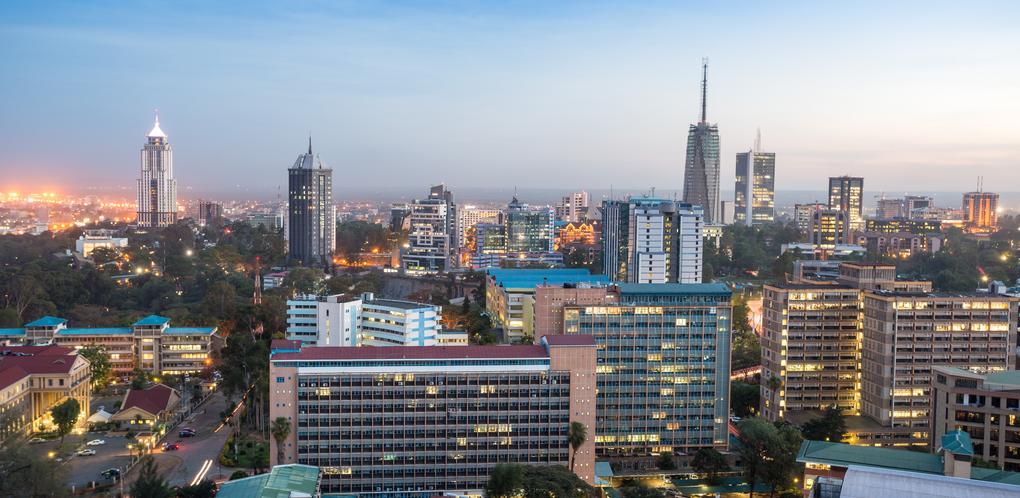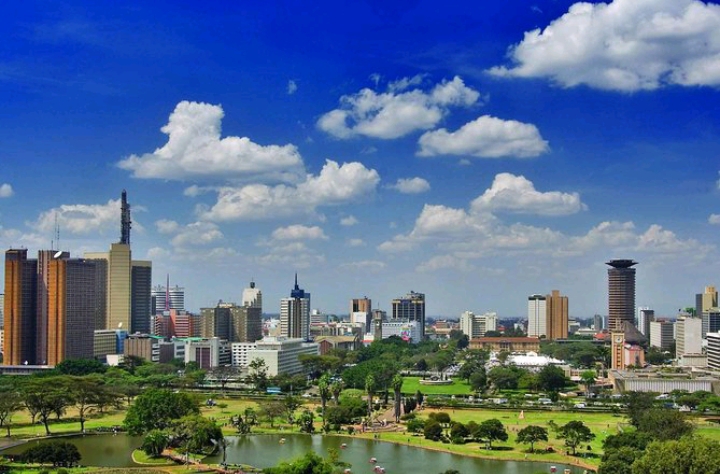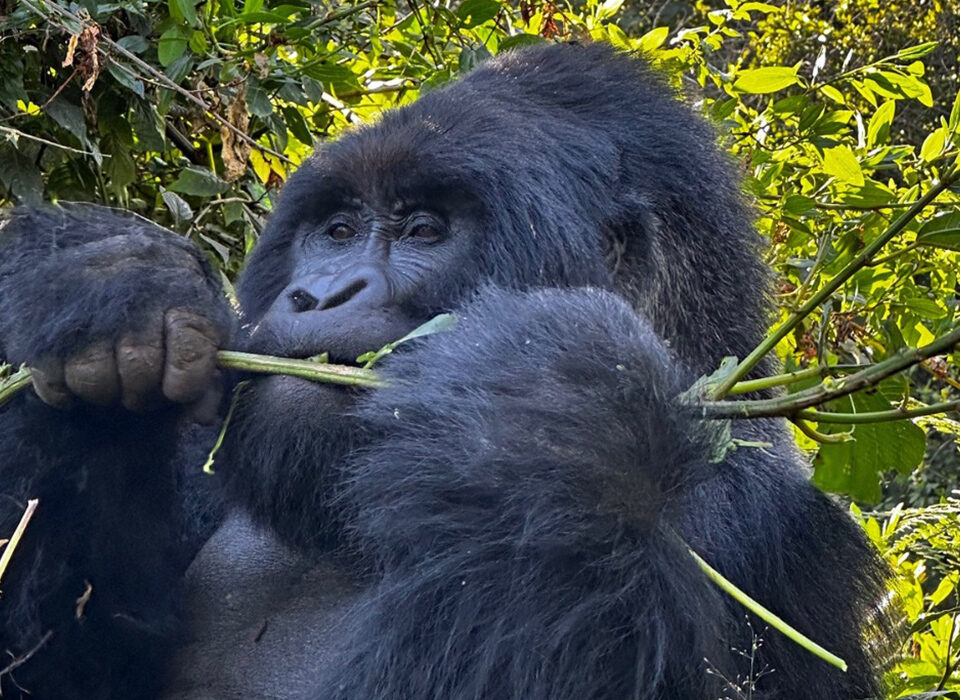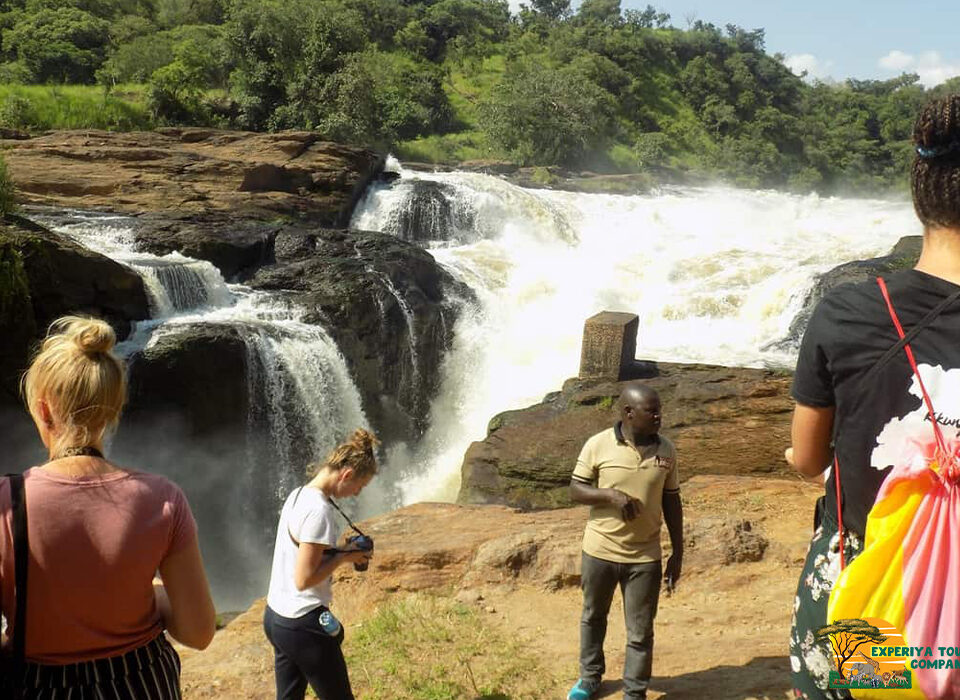
What traditional foods should I try in Kenya?
November 18, 2025
What are the best markets in Nairobi?
November 19, 2025Is Nairobi Safe to Visit?
Nairobi is a city of contrasts, a place where vibrant culture blends with rapid modern development, and where world-class business districts stand not far from historic neighborhoods filled with character, warmth, and everyday life. For many travelers, Nairobi is the gateway to East Africa, a bustling capital that introduces you to Kenya’s landscapes, wildlife, and traditions before you head onward to the Maasai Mara, Amboseli, or the Great Rift Valley. But like any major city in the world, the question that often arises is simple: Is Nairobi safe to visit?
The answer is nuanced, because Nairobi is neither a city to fear nor one to underestimate. It is a destination that rewards awareness, preparation, and cultural understanding. When approached with respect and good judgment, Nairobi becomes an engaging and enriching place that many visitors remember fondly.
The Reality of Safety in Nairobi
Safety in Nairobi varies depending on the neighborhood, time of day, and the behavior of the visitor. Central business areas like Westlands, Karen, Kilimani, Gigiri, and parts of Lavington are generally frequented by tourists, expatriates, and business travelers. These areas are known for their shopping centers, modern hotels, high-end restaurants, and secure residential communities.
However, like many fast-growing urban centers across the world, Nairobi experiences pockets of crime, particularly related to petty theft, bag snatching, or opportunistic incidents. These mostly occur in crowded places such as bus stations, certain downtown streets, and areas that travelers rarely have a reason to visit. The key is knowing where to go, when to go, and how to move around the city responsibly.
Safety in Tourist-Friendly Areas
Some parts of Nairobi are especially welcoming to visitors.
Westlands, for instance, is a popular district characterized by modern malls, nightlife, upscale dining, and international hotels. Many travelers enjoy exploring this area both during the day and evening, appreciating its lively yet organized environment.
Karen, named after the famous author Karen Blixen, is one of the city’s most peaceful and picturesque spots. Here you’ll find the Giraffe Centre, the Karen Blixen Museum, and nature trails that give a refreshing escape from the energetic city core.
Gigiri, the diplomatic heart of Nairobi, is home to the United Nations Headquarters and various embassies. It is one of the safest areas in the city thanks to its heightened security presence.
These neighborhoods help visitors discover a Nairobi that is cosmopolitan, innovative, and full of cultural experiences, from artisan markets to contemporary art galleries and culinary gems.
Moving Around Nairobi Safely
Transportation in Nairobi is diverse, and the choice of how to get around can influence your experience. Ride-hailing services like Uber, Bolt, and Little Cab are widely available, offering an easy and affordable way to navigate the city. They are generally considered safer for visitors than using public minibuses, known as matatus, which can be chaotic for newcomers.
Private drivers and tour operators also provide secure transfers, especially from airports or to attractions like Nairobi National Park, the David Sheldrick Elephant Nursery, and the Nairobi National Museum.
Walking is possible in certain areas, but travelers are often advised to avoid moving on foot after dark or along isolated streets. Like in many major cities, sticking to well-lit, populated areas and using recognized transport services makes a big difference.
Nairobi National Park and Wildlife Safety
One of Nairobi’s most fascinating attractions is Nairobi National Park, the only national park in the world located just minutes from a capital city. The park is a safe and spectacular place to visit, offering sightings of lions, rhinos, buffalos, giraffes, and countless bird species.
Visitors typically explore the park with a licensed safari guide or a reputable tour operator, which enhances both safety and experience. Because wildlife encounters require professional handling, joining a guided excursion ensures you can enjoy the beauty of the park peacefully.
Understanding Cultural Safety
Nairobi is culturally warm and welcoming, and many travelers feel deeply connected to the friendliness of Kenyans. Communication is easy, locals are helpful, and hospitality is a central part of everyday life.
At the same time, cultural awareness is important. Showing respect for local customs, dressing appropriately in certain public spaces, and being polite when interacting with vendors or service providers makes your experience smoother and more enjoyable.
The city thrives on social interaction, and visitors often find that engaging with people—whether at cafés, craft markets, or cultural centers—adds richness to their journey.
Practical Tips for Staying Safe
While Nairobi’s charm is undeniable, it is wise to take simple precautions, much like you would in any major city around the world. Keeping valuables discreet, avoiding unnecessary displays of wealth, and being alert in crowded areas helps prevent opportunistic incidents.
It is also advisable to seek local guidance, especially when exploring unfamiliar areas. Hotel concierges, reputable tour companies, and local travel experts can provide up-to-date recommendations on safe places to visit, restaurant options, or nightlife suggestions.
The Evolving Security Landscape
Over the years, Nairobi has significantly improved its security infrastructure. There is increased police presence in key districts, better surveillance in commercial areas, and heightened security checks at malls, business centers, and major attractions.
These efforts contribute to a more reassuring environment for travelers, allowing visitors to move around with more confidence. Even so, personal awareness always remains important, because no city—whether in Africa, Europe, or America—is immune to occasional crime.
Why Nairobi Remains Worth Visiting
Despite concerns, Nairobi remains one of Africa’s most dynamic capitals and a city that offers abundant experiences. From wildlife and history to art, food, and nightlife, the city is a fusion of adventure and urban sophistication.
It is also the heartbeat of East Africa’s economy and innovation. Many travelers find that Nairobi is not just a stopover, but a destination in its own right—full of stories, encounters, discoveries, and sensations that shape their perception of Kenya long after their trip ends.
For those who approach the city with awareness, curiosity, and an open mind, Nairobi feels lively, energetic, and full of human connection.
Is Nairobi Safe to Visit?
Yes—Nairobi is safe for travelers who follow basic precautions, choose the right areas to stay in, and rely on trusted transportation and guides. It is a city that welcomes millions of visitors every year, from adventure seekers and business professionals to wildlife lovers and cultural explorers.
Safety in Nairobi, as in any international destination, is a shared responsibility between the traveler and the environment. With proper planning and reliable local support, the city becomes an unforgettable part of your East African journey, offering you experiences that blend urban discovery with the spirit of Kenya’s wilderness.
Recommendation
If you are planning a trip to Nairobi and want a smooth, secure, and enriching experience, consider booking your travels with Experiya Tour Company. Their expertise, professionalism, and personalized service ensure that you explore Nairobi and the rest of Kenya with confidence and comfort, allowing you to fully enjoy the beauty, culture, and adventure that this remarkable region has to offer.




